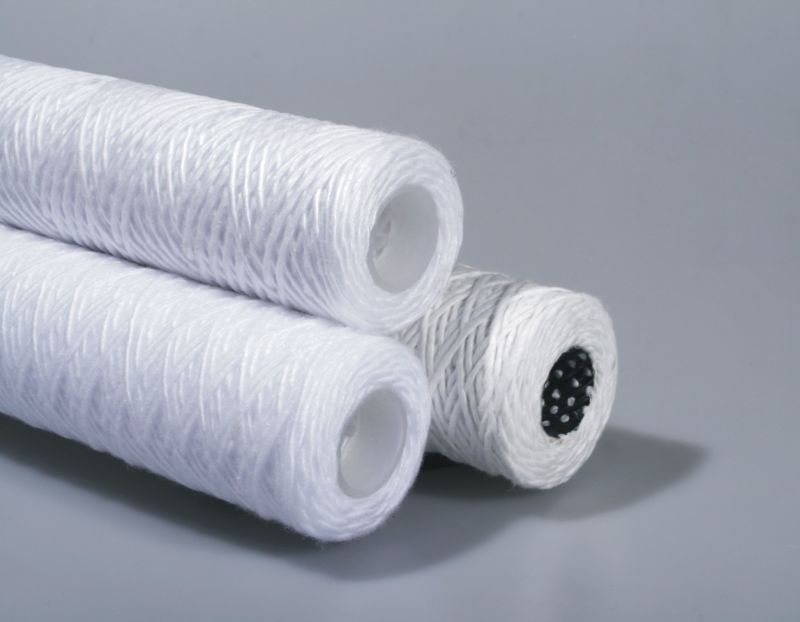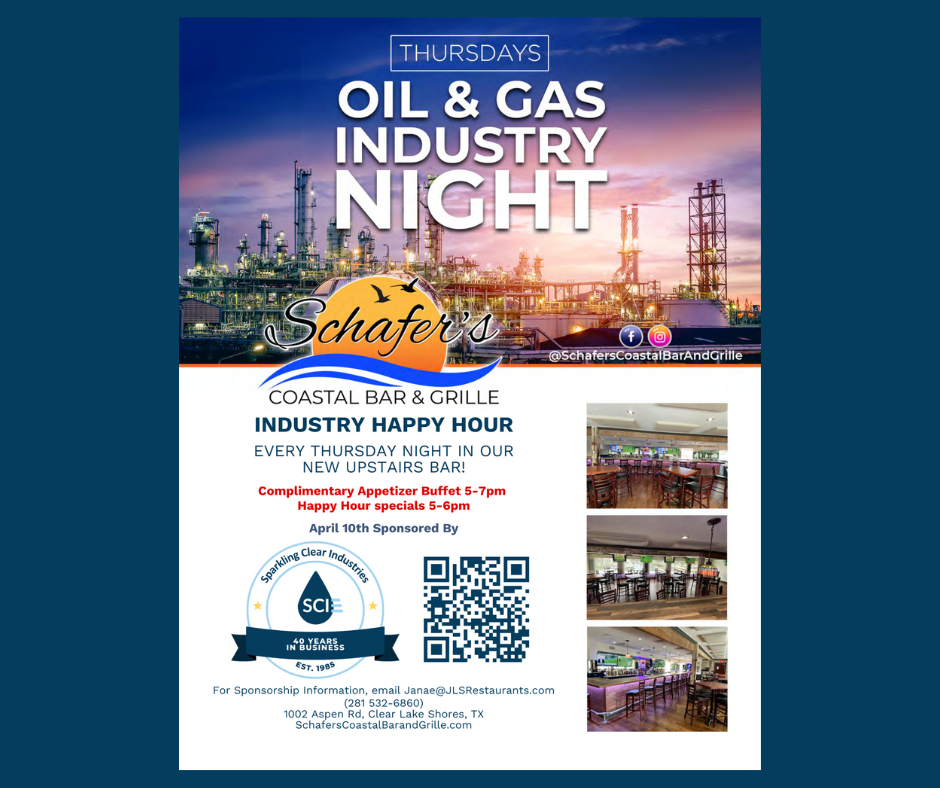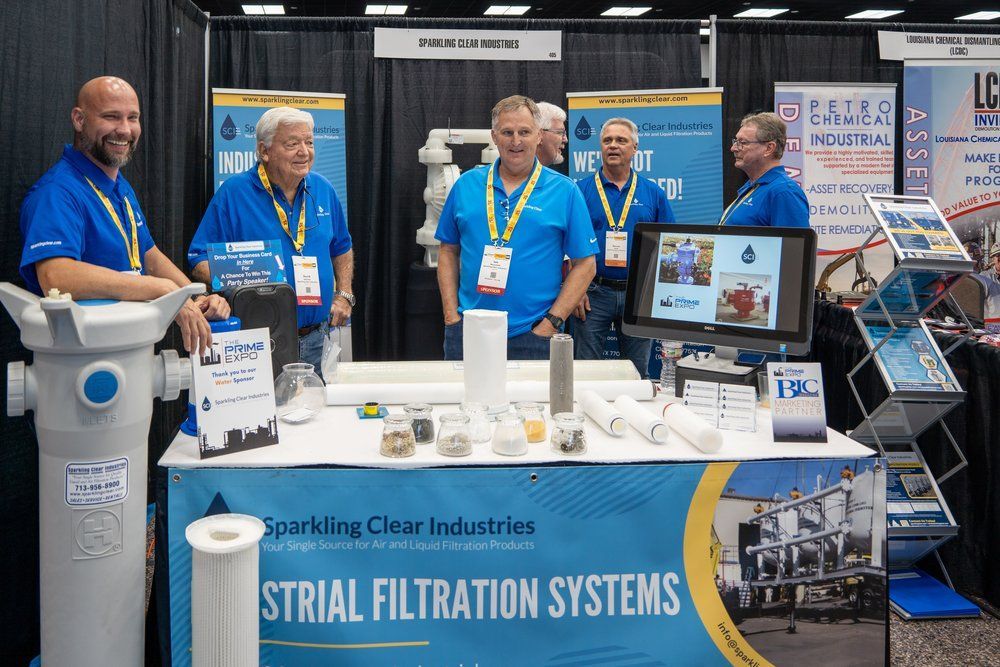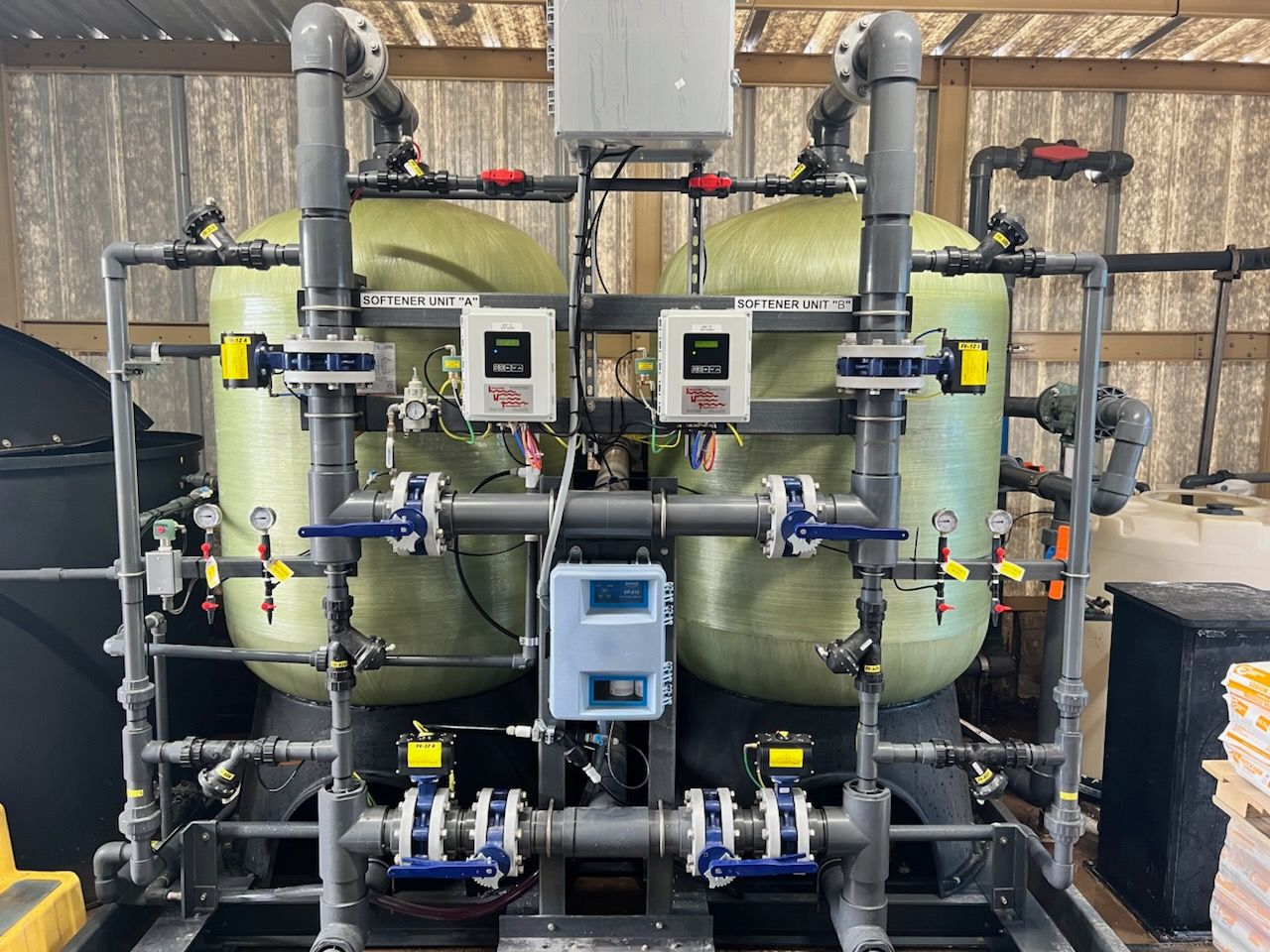How To Choose Filters For Your Liquid Filtration Process
December 12, 2022

Liquid filtration is an essential step in many industrial and manufacturing processes. Organizations can successfully remove unwanted particles and microorganisms from liquids and fluids using consumable cartridges or bags inside the filter housings. Many filters are available, so finding the ideal model for your application is important.
What Are Industrial Liquid Filters?
A filter cartridge is a type of filter that can be made from many different materials and come in various sizes. You can use them to filter out nearly every type of solid contaminant from almost any type of liquid. All industrial liquid filters will have a micron rating. This is to determine the size of particles that will be retained. Depending on the design, the particles will be captured on the inside or outside of the filter element.
As more and more particles are trapped by the filter, the pressure difference across the filter increases. When this pressure difference reaches a certain point, the filter must be replaced or regenerated to prevent breakthrough or flow restrictions. Therefore, most filters are consumable items, even though they are housed in the permanent filter housing.
What to Consider When Choosing Filters
- Particle size
The smaller the micron rating, the smaller the solid particles that will be prevented from passing through liquid filters.
- Quality requirements
Absolute filters are designed to remove 99.99 percent of particles that are a certain size or larger. These filters are often used in applications where a high level of filtration is required, such as in polishing stages, or when absolute filters are more expensive than nominal filters, they are often used as the final step in a multi-filtration process.
- Flow rate
The size of the filtering area will determine how quickly the liquid can flow through it. This is also affected by the filter material's thickness and the liquid's viscosity. If the filter is too small or the material is too thick, it will slow down the flow rate. It's essential to choose a filter slightly larger than needed to handle any surges and not become a bottleneck for the rest of the system.
- Pressure
The pressure of the pump determines the flow rate. However, the pump must not exceed the filter's maximum operating pressure. If it does, the filter will be damaged. The pressure should be one-third higher than the maximum operating pressure to prevent this. Over time, the filter will become clogged and need to be replaced or regenerated. The replacement and regeneration periods can be extended if the filter is sized correctly.
- Dirt load
Some liquids will contain a large number of solids, which will need to be considered when selecting filters. In cases of high solid loads, multiple filters with progressively smaller micron ratings may be necessary, as well as an absolute filter for the final stage.
- Temperature
The temperature of the liquid being filtered can impact the viscosity and flow rate of the liquid. The choice of the filter can be affected by the location of the solid/liquid separation technology. The filter should operate in humid, heated, or outdoor environments and at five °C above and below the average filtering temperature.
- Viscosity
The more viscous a liquid is, the more slowly it flows and the greater the filtered demand. When viscosity increases, filters should be more significant to ensure that the flow rate is not adversely affected.
- Chemical compatibility
The material of the filter must be able to work with the liquid it is filtering. If the filter breaks down, it can cause contamination instead of preventing it. All parts of the filter, like the adhesives, seals, and filter media, should be checked to ensure they work well together. Even filters that look the same, like polypropylene and polyester cartridge filters, can have different parameters regarding temperature and chemical compatibility
Conclusion
There are many different types of filters available on the market. The best filter for your liquid filtration process will depend on several factors. If you are unsure of which type of filter to choose, it is always best to consult with a filtration expert who can help you select the best option for your needs.
Sparkling Clear Industries offers commercial air and liquid filtration solutions to increase performance and maximize savings for your team. Based on the Texas Gulf Coast, we offer an extensive collection of industrial-grade filter media tailored to your specific project requirements. If you need industrial filtration systems, we’ve got you covered! Get in touch with us today and let us know how we can help!

April 1, 2025
Join us for a great evening of networking at Sparkling Clear Industries' Oil & Gas Industry Happy Hour! Enjoy complimentary appetizers, drink specials, and connect with industry professionals as we celebrate 40 years in business. 📅 April 10th | 📍 Schafer’s Coastal Bar & Grille | 🕔 5-7 PM. No RSVP needed—just stop by! #OilAndGas #Networking #SCI40Years

March 19, 2025
At Sparkling Clear Industries, we’ve been helping industrial and commercial businesses stay up and running for over 40 years. Our commitment to fast delivery, dependable support, and practical solutions has made us a trusted partner in the Greater Houston area. Now, we’re looking for a skilled Accountant to join our team and help us keep things running smoothly behind the scenes.

March 17, 2025
When a bleach manufacturer faced potential downtime due to a corroded water softener system , Sparkling Clear Industries stepped in with a fast and effective solution. By providing a rental unit during installation and delivering a custom-built system designed for better durability and efficiency, we ensured zero production downtime and exceeded customer expectations.
We'll help you find the product/equipment you need, so you can focus on running your business.
© 2025
All Rights Reserved | Sparkling Clear Industries, Inc® | Privacy

